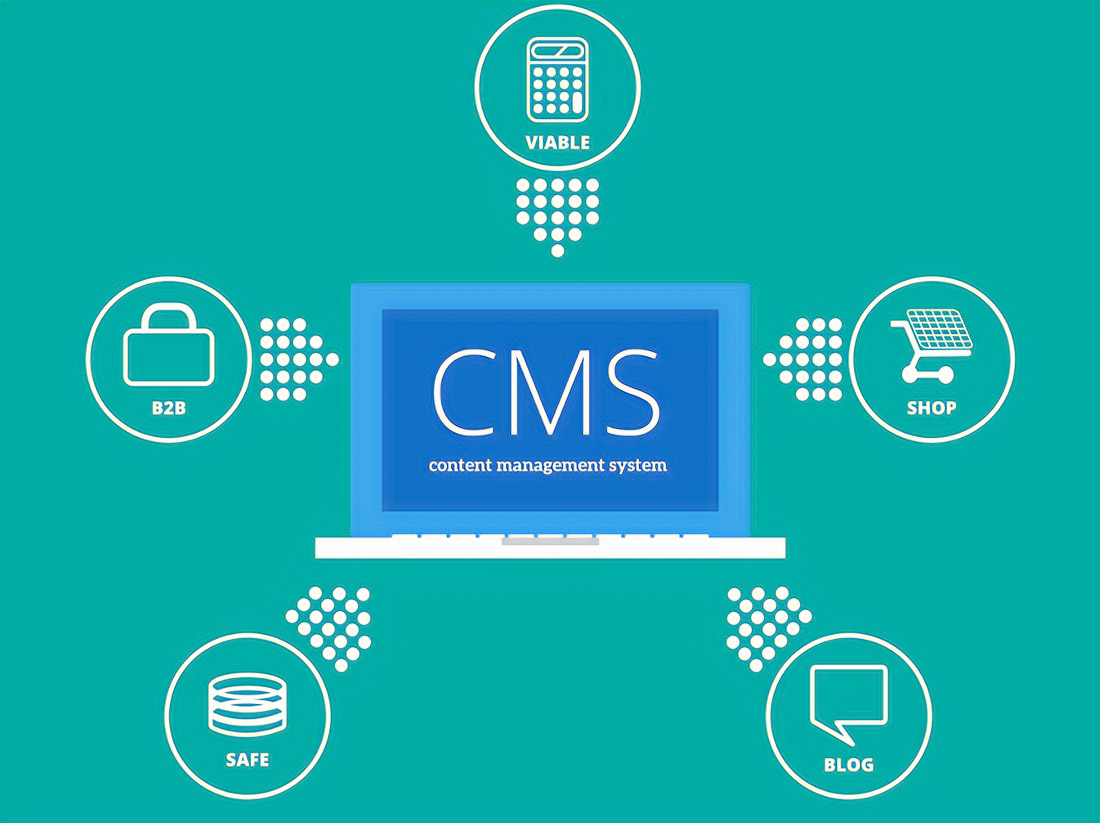A radicular cyst, also known as a periapical cyst, is a common type of odontogenic cyst, often resulting from dental pulp infection and necrosis. These cysts typically form at the apex of a non-vital tooth root, leading to various complications if left untreated. Understanding these complications and knowing when to seek medical intervention is crucial for maintaining oral health and preventing further issues.
What is a Radicular Cyst?
A radicular cyst is a fluid-filled sac that develops due to chronic inflammation in response to infection. These cysts are often asymptomatic in their early stages and are commonly discovered during routine dental X-rays. Over time, however, they can grow and cause significant problems, necessitating prompt treatment.
Causes and Development
Radicular cysts are primarily caused by infection or trauma leading to the death of the dental pulp. The inflammatory response to this necrosis results in the formation of a cystic cavity at the root tip. Bacterial infection from untreated dental caries is a frequent precursor to this condition.
Symptoms of Radicular Cysts
While radicular cysts can be asymptomatic, certain symptoms may indicate their presence:
- Swelling in the affected area
- Pain or discomfort, especially when chewing
- Tooth mobility
- Discoloration of the affected tooth
- Sensitivity to pressure
When these symptoms are observed, it is imperative to consult a dental professional for evaluation and treatment.

Potential Complications
Infection Spread
One of the most serious complications of an untreated radicular cyst is the spread of infection. The cyst can become a reservoir for bacteria, leading to the development of an abscess. If the infection extends beyond the cyst, it can spread to adjacent tissues, causing cellulitis or osteomyelitis, which are severe conditions requiring immediate medical attention.
Tooth Loss
As the cyst enlarges, it can cause resorption of the surrounding bone and tooth roots, leading to increased tooth mobility and eventual tooth loss. This not only affects the function of the teeth but also impacts the aesthetics of the smile and the overall oral health.
Jaw Fracture
In rare cases, a large radicular cyst can weaken the jawbone to the point of causing a pathological fracture. This occurs because the expanding cyst can erode significant portions of the jawbone, compromising its structural integrity.
Sinus Involvement
For cysts located in the upper jaw, there is a risk of extension into the maxillary sinus. This can lead to chronic sinusitis, causing symptoms such as nasal congestion, postnasal drip, and facial pain. The close proximity of the teeth to the sinuses makes this a noteworthy complication.
Diagnosis and Treatment
Diagnostic Procedures
Diagnosing a radicular cyst involves a thorough clinical examination and radiographic imaging. Panoramic X-rays and cone-beam computed tomography (CBCT) scans are commonly used to visualize the cyst and assess its size and impact on surrounding structures.
Treatment Options
Radicular cyst treatment typically involves endodontic therapy (root canal treatment) or surgical intervention. The choice of treatment depends on the size and location of the cyst and the overall health of the affected tooth.
- Root Canal Treatment: This procedure aims to remove the infected pulp and seal the tooth to prevent reinfection. In many cases, root canal treatment is sufficient to resolve small to medium-sized cysts.
- Surgical Treatment: Larger cysts or those not responsive to root canal therapy may require surgical removal. This can include procedures such as enucleation, where the cyst is completely removed, or marsupialization, which involves creating an opening to allow the cyst to drain and reduce in size over time.
Preventing Radicular Cysts
Preventive dental care is essential in reducing the risk of developing radicular cysts. Regular dental check-ups, proper oral hygiene, and timely treatment of dental caries can significantly lower the incidence of these cysts. Additionally, avoiding dental trauma by using protective gear during sports and other high-risk activities is advisable.

When to See a Doctor
Persistent Symptoms
If you experience persistent symptoms such as swelling, pain, or tooth mobility, it is crucial to seek professional evaluation. These signs may indicate the presence of a radicular cyst or other serious dental conditions that require intervention.
Post-Treatment Complications
After undergoing treatment for a radicular cyst, follow-up appointments are necessary to ensure complete healing and to monitor for any signs of recurrence. If symptoms persist or new symptoms develop post-treatment, consult your dentist immediately.
Routine Dental Visits
Regular dental visits are vital for early detection and management of potential issues. Even in the absence of symptoms, routine check-ups can identify problems like radicular cysts before they become symptomatic and cause complications.
Conclusion
Radicular cysts are pretty common, but if you don’t treat them, they can get worse. To keep your teeth healthy, you need to know the signs, possible complications, and treatment choices. Regular dental check-ups and quick care of dental problems are two of the best ways to stop these cysts from growing and spreading. As soon as you notice any symptoms or have worries about your oral health, you should see a doctor right away.

Hiking addict, traveler, band member, Vignelli fan and independent Art Director. Working at the sweet spot between design and mathematics to save the world from bad design. Nothing ventured, nothing gained.



